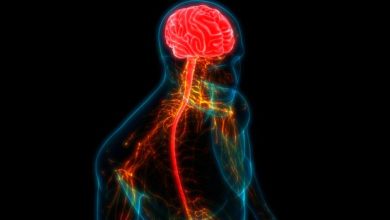Experts warn there are phrases to look out for that could mean someone has dementia
Dementia is a condition that can be difficult to detect in its early stages. However, certain words and phrases used by those affected may signal early cognitive decline.
Understanding Dementia
According to the World Health Organization, over 55 million people worldwide are currently diagnosed with dementia, a number that continues to rise. The condition refers to a permanent decline in thinking and memory due to brain damage caused by various diseases. While there is no cure, early detection is crucial to ensuring proper support for those affected.
Dementia can present differently in individuals, but common symptoms include memory loss, trouble focusing, difficulty with daily tasks, confusion about time and place, and mood swings.
Speech and Language Changes as Early Signs
One lesser-known symptom of dementia is its impact on language and speech. Experts from the Alzheimer’s Association highlight several speech patterns that may indicate early-stage dementia:
- Difficulty following or participating in conversations.
- Losing track of a conversation and struggling to continue.
- Repeating oneself frequently.
- Trouble recalling words, using incorrect names, or replacing words with vague descriptions.
For example, instead of saying “watch,” a person may say “hand-clock.” They might substitute words, such as calling a newspaper a “book” or referring to a chair as “that thing you sit on.”


Dementia can impact conversations (Halfpoint Images/Getty)
Challenges in Recognizing Language Changes
Since word-finding difficulties are a normal part of aging, identifying them as dementia symptoms can be challenging. Another sign is reverting to childhood language or struggling to find words altogether. Additionally, individuals may have trouble understanding what others say or responding to questions.
Recognizing these early speech changes can help individuals seek medical guidance sooner, improving the support and care they receive.
Featured Image Credit: Getty Stock Images












